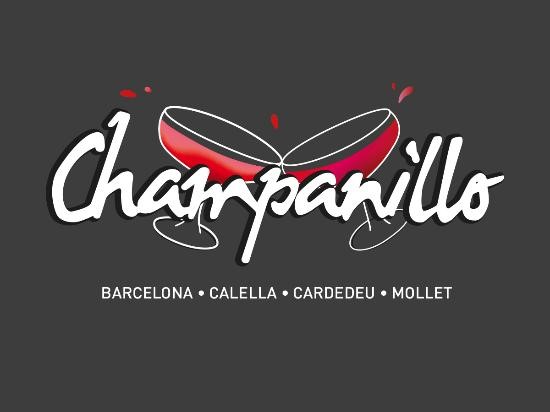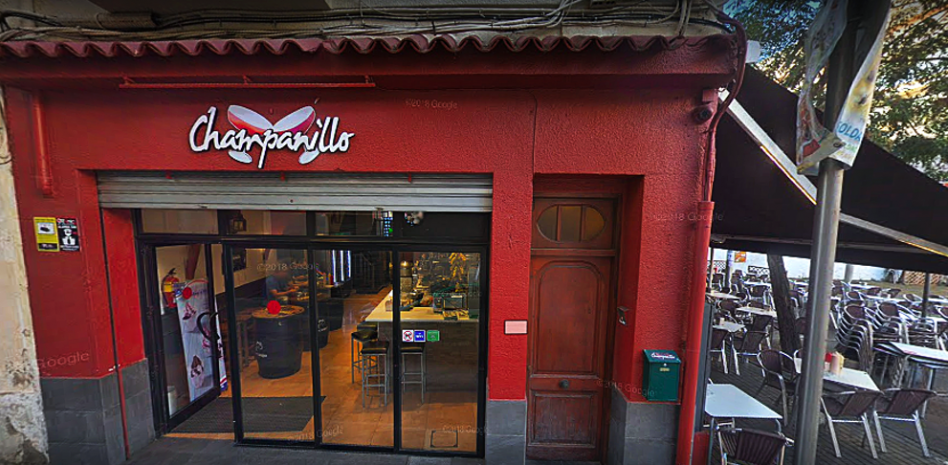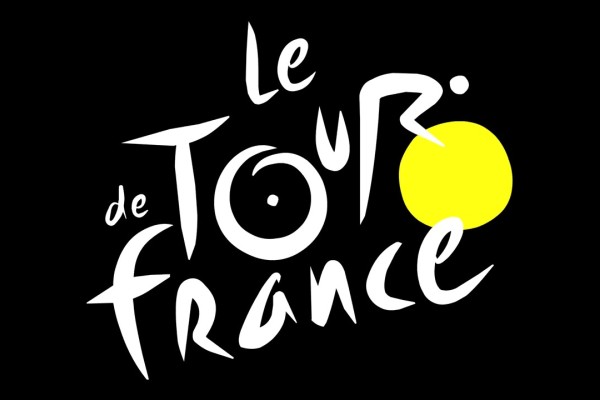Champagne drags Champanillo to EU court... and wins!
We all know that the term “champagne” has been reserved for sparkling wine made in the French Champagne region and is protected by the appellation law.
But when it’s not related to alcoholic-beverage products, does the appellation law apply? Should any product or service called champagne or similar to the word stay in Champagne? Should it affect the name of a small restaurant chain which doesn’t even serve champagne?
Those questions have been bothering a Spanish tapas bar chain named “Champanillo”, which has been involved in a legal challenge with French champagne producers over its name.

Source of the picture https://www.tripadvisor.fr
“Champanillo” literally means “small champagne” in Spanish. The name of the restaurant has aroused irritation of the Comité Interprofessionnel du Vin de Champagne (CIVC), the French association that represents the interests of Champagne producers and houses.
CIVC found the name too similar to the term “champagne”, and its logo, which incorporates 2 champagne glasses filled with sparkling drinks, is considered evocative of France’s appellation-protection sparkling wine.
CIVC took the tapas restaurant to a Spanish court in 2017, seeking to prevent the chain from using the sign “Champanillo” on the grounds that the it visually and phonetically evoked the protected designation of origin (PDO) of “Champagne” and thus seek to take advantage of champagne’s reputation.

Source of the photo: https://www.lavanguardia.com
The court rejected the claims given that the Champanillo sign was not intended to designate an alcoholic beverage and the restaurant served more food than alcoholic beverages.
CIVC then appealed to Barcelona’s provincial court, which sought guidance from the European Court of Justice (ECJ) later about whether the PDO applies to both services and products.
The ECJ ruled in early September that the PDO applies not only to food and drinks but also to services. The appellation law thus applies to the names that resemble champagne even if it’s about other products and services – like the tapas restaurant named “Champanillo” in this case.
A key part in assessing whether a disputed term or sign infringes a PDO is whether it evokes a connection between the two. For this case, the ECJ believed that average European consumers who are reasonably well informed and reasonably observant and circumspect could establish a sufficiently clear direct link between the two names.
Although this is more of a ruling of how the relevant law should be interpreted rather than a verdict, the court, by extending the PDO rules to both products and services, has definitely gave champagne-makers its support and it is likely that the tapas chain restaurant will have to change its name.
The case is now back in Barcelona court for final judgement. It is up to the Spanish judges to make a definitive ruling on whether the name and the sign of “Champanillo” are confusing and could mislead people to think of “champagne”.
Cover photo by Tristan Gassert


